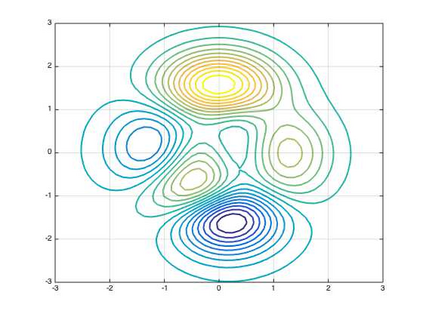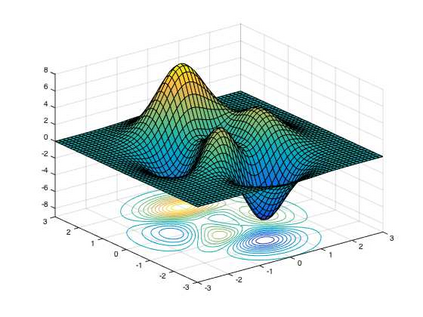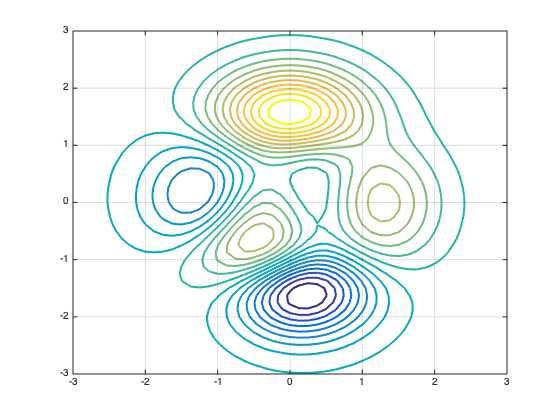Performing inference on data obtained through observational studies is becoming extremely relevant due to the widespread availability of data in fields such as healthcare, education, retail, etc. Furthermore, this data is accrued from multiple homogeneous subgroups of a heterogeneous population, and hence, generalizing the inference mechanism over such data is essential. We propose the MetaCI framework with the goal of answering counterfactual questions in the context of causal inference (CI), where the factual observations are obtained from several homogeneous subgroups. While the CI network is designed to generalize from factual to counterfactual distribution in order to tackle covariate shift, MetaCI employs the meta-learning paradigm to tackle the shift in data distributions between training and test phase due to the presence of heterogeneity in the population, and due to drifts in the target distribution, also known as concept shift. We benchmark the performance of the MetaCI algorithm using the mean absolute percentage error over the average treatment effect as the metric, and demonstrate that meta initialization has significant gains compared to randomly initialized networks, and other methods.
翻译:由于在保健、教育、零售等领域广泛提供数据,对通过观察研究获得的数据进行推断变得极为相关。此外,这些数据来自不同人口多个同质分组,因此,对这些数据的推论机制普遍化至关重要。我们提议MetACI框架,目的是在因果推理(CI)方面回答反事实问题,从几个同质分组获得事实观察。虽然CI网络旨在从事实到反事实分布,以便应对共变情况的变化,但MetACI采用元学习模式,处理由于人口中存在异质性,以及由于目标分布的漂移(也称为概念转变),在培训阶段和试验阶段之间数据分配的变化。我们用平均处理效果的绝对百分比差作为衡量标准,对MetCI算法的性能进行衡量,并表明与随机初始化的网络和其他方法相比,元初始化取得了显著收益。





